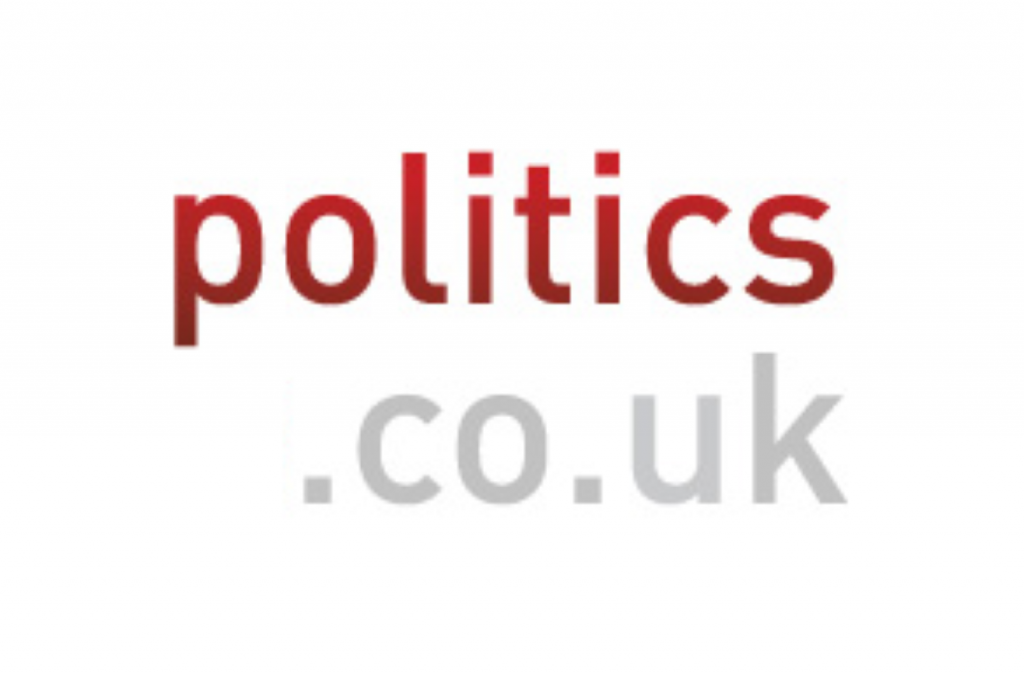Call for reforms to increase voter registration
A joint committee of MPs is today calling for reforms to increase the number of people registered to vote in the UK.
Among the options for reform identified by the committee is the introduction of a new system, similar to that used in Northern Ireland, whereby individuals rather than households have to register to vote.
The report, published jointly by the Constitutional Affairs Committee and the Office of the Deputy Prime Minister, also highlights the option of adapting the system of household registration by requiring individual signatures on the registration form.
To boost falling registration levels, the joint committee sets out options including data sharing between those responsible for compiling the registers and other public and private bodies.


Changing the closing date for registration prior to an election, electronic forms, and a national register should also be considered, it says.
Chairman of the ODPM committee Andrew Bennett said individual registration could dramatically reduce the chances of fraud, but warned that it could also reduce the number of people able to vote.
He said: “I believe we should move swiftly to individual registration. With vigorous data-swapping between electoral registration officers and utilities, the Post Office, DVLA and others, very few names would be lost from the register.”
But Constitutional Affairs committee chairman Alan Beith said a move to individual registration should not take place until measures to increase registration had been proved effective.
“There is no point in making so fundamental a change if the effect would be to reduce the proportion of the eligible population who are registered to vote,” he said.
Oliver Heald, Shadow Secretary of State for Constitutional Affairs, said the postal voting pilots highlighted inadequacies in the current electoral roll and called for immediate changes.
“It is vital that we move ahead with the Northern Ireland system of individual electoral registration to safeguard the integrity of the Britain’s electoral system,” he added.
“But the Government have dragged their feet on this badly needed measure. Under Labour, the electoral practices of the 18th and early 19th Centuries, such as intimidation and fraud, risk becoming the hallmark of the 21st.”

